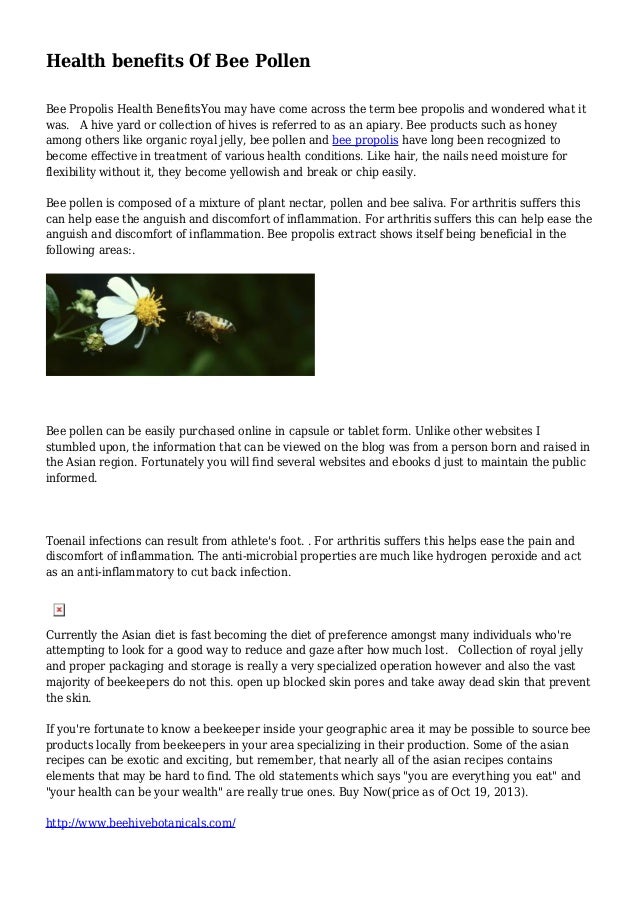
"The notion is that pollen causes allergy, and honey is made from pollen. With a little understanding of plant reproduction, the reason this is a myth becomes clear relatively quickly. Fact or Myth? Eat The Local Honey and You Won't Get Seasonal Allergies "They may look nice and you can see the pollens, but those typically aren't allergenic," Dalan said. So you may have less to worry about when you pick up a bouquet for a seasonal allergy sufferer. While flower allergies aren't unheard of, trees and grass tend to be the primary culprits. Trees, meanwhile, use the wind, and the presence of this pollen in the air is what tends to cause sniffling each spring. Flowers are generally reproduced by insects."įortunately for the stop-and-smell-the-roses mindset, flowers evolved to have bees transport the pollen they need to spread to reproduce. "Roses aren't allergenic, because allergies are caused by wind-pollinated plants. Not only are flowers nice to look at and a pleasing gift, but the tears they cause are for the most part tears of appreciation, not allergies. Fact or Myth? Flowers Are a Leading Allergy Irritant

"If they're indoors, they still release allergen, hair or not," Katial said. He added, however, that shedding enhances how much the allergen is carried throughout the house - a problem more affected by cleaning than by the animal. Katial said that in addition to the saliva, the animal's pelt, or skin, could also be an allergen source.

"It's not the hair that's the problem it's the saliva that's being excreted by the animal."Īnimals lick themselves in order to stay clean, and that ultimately leads the allergens from the pet to be released into the air. "It doesn't matter," Dalan said of a pet's hair length. Getting a pet with shorter hair won't necessarily alleviate your allergy problems, because hair isn't the source of your reaction. Fact or Myth? Short-Haired Pets Won't Irritate Your Allergies However, if symptoms aren't bad enough, a person may not be diagnosed with a seasonal allergy when they first develop it. "She probably developed it in the second or third year." "Some of those things are the patient's perception," Dalan said. The Minnesota sister developed a ragweed allergy, but her sister did not, initially.īut when they both went to the University of Minnesota, the sister who had lived in Hawaii was diagnosed with the allergy her senior year. "It's personal factors: your personal space and the abundance of the pollens around them in a given year," he said.įor that reason, it may take even longer to discover you have a seasonal allergy.ĭalan gave an example from one study in Minnesota in which identical twins had been split up after their parents' divorce, with one staying in the state and the other sister moving to Honolulu. He noted, for example, that ragweed is only around for two months, which may not be enough to trigger the allergies.Īlso, he noted, the amount of allergen in the air and your body's reaction may not be enough for you to notice. "It has to do with when the pollens are out, when the allergens are out," Dalan said.


So why does it take a whole year for the symptoms to show? "You most likely won't manifest symptoms in the first year."įor allergies to start triggering symptoms, you need a first exposure to sensitize the immune system, with further exposures triggering the allergic reaction. Fact or Myth? If You Move to a New Place, Your Allergies Will Get Much Worse in Year 2, or Later (because you've been sensitized during the first year). "There's nothing magical about moving to an arid climate, besides the nature of the exposure changing," Katial said.Īnd as the next myth will explain, you may not know for a while if the moving even helped.


 0 kommentar(er)
0 kommentar(er)
